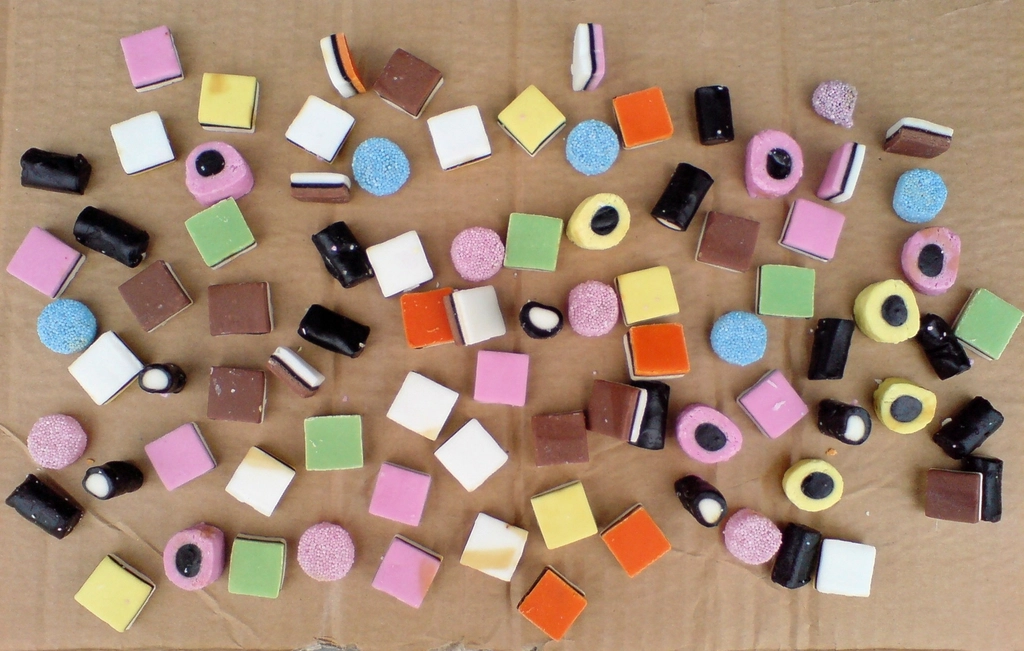You won’t feel it coming — but high blood pressure can quietly damage your heart and take years off your life.
Cut Back on Salt

Salt is one of the biggest contributors to high blood pressure, yet most people consume far more than recommended. The real culprit isn’t the salt you add yourself — it’s processed and packaged foods. Cutting back can make a noticeable difference.
Limit Your Alcohol Intake

Alcohol raises your blood pressure in a clear, measurable way. Drinking over 30 units a week can push your blood pressure up by 10–12 mmHg. Reducing your intake — even slightly — can have immediate benefits.
Skip the Licorice

It may sound strange, but licorice contains compounds that mimic hormones which raise blood pressure. Eating too much can be risky, especially if you’re already borderline or hypertensive.
Maintain a Healthy Weight

Excess body weight is a major driver of high blood pressure. Shedding just a few kilos can reduce strain on your heart and arteries, and lower your numbers significantly.
Stay Physically Active

You don’t need to become a marathon runner. Regular walks, swimming, or cycling a few times a week can help keep your blood pressure within a healthy range — and support your overall heart health.
Know Your Numbers

Most people with high blood pressure don’t even know they have it. That’s what makes it dangerous. Getting it checked every few years, even if you feel fine, can help catch problems early.
Eat Less Processed Food

Heavily processed meals are packed with hidden salt. Cooking more meals from scratch with fresh ingredients gives you full control over your sodium intake — and protects your arteries in the long run.
Manage Stress

Mental and physical stress causes your blood pressure to spike. Chronic stress can even lead to long-term hypertension. Building in rest, quality sleep, and time to unwind is just as important as diet and exercise.
Monitor Your Blood Pressure at Home

Blood pressure fluctuates throughout the day. The best way to know your real levels is to check it when you’re calm and relaxed. Investing in a home monitor can help you stay on top of changes.
Make Small Changes First

Completely overhauling your lifestyle can feel overwhelming. Instead, start small: reduce salt, walk more, and drink a little less. These shifts add up — and your heart will thank you.
This article is based on information from Illustreret Videnskab
